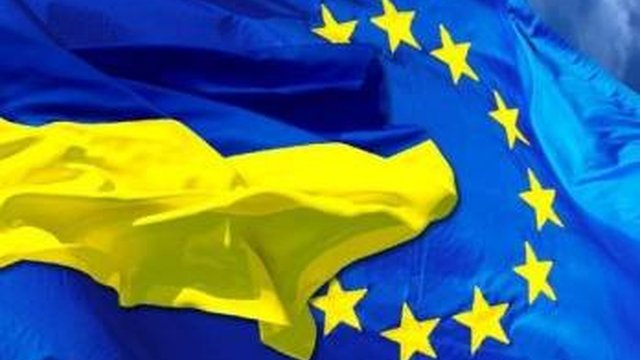EU Eastern Partnership Summit to kick off in Riga

The fourth Eastern Partnership summit will be held in Riga, Latvia, on 21-22 May 2015. It will bring together heads of state or government from the 28 EU member states with those of Armenia, Azerbaijan, Belarus, Georgia, Republic of Moldova and Ukraine.
The summit will be chaired by the President of the European Council, Donald Tusk who, together with the President of the European Commission Jean-Claude Juncker, will represent the European Union.
The summit will be hosted by the Prime Minister of Latvia, Laimdota Straujuma. The EU High Representative of the Union for Foreign Affairs and Security Policy/Vice-President of the Commission, Federica Mogherini, the Commissioner Neighbourhood Policy and Enlargement Negotiations, Johannes Hahn and the Commissioner for Trade, Cecilia Malmstrom, will also attend the summit.
The six partner countries will be represented by the Armenian President Serzh Sargsyan, President Ilham Aliyev of Azerbaijan, Prime Minister Irakli Garibashvili of Georgia, Ukrainian President Petro Poroshenko, Moldovan President Nicolae Timofti and a representative of Belarus, to be confirmed.
The Riga summit will provide the leaders with an opportunity to reconfirm the high importance they attach to the Eastern Partnership. It will allow them to review developments since the Vilnius summit in November 2013 and discuss ways of strengthening bilateral, multilateral and sectorial cooperation. It will also be an occasion to reflect on the ongoing review of the European Neighbourhood Policy.
The summit will start on May 21 at 20.00 with a working dinner for the heads of state or government at the Blackheads's House. The dinner will be hosted by the President of Latvia Andris Berzins.
On May 22, the official welcome of the leaders will start at 09.00 at the National Library. The plenary session will start at 10.00. A press conference is expected to take place at the end of the meeting around 13.45. Leaders are expected to adopt a joint summit declaration.
Three side events will also take place in conjunction with the summit: a Media conference, a Civil Society Conference and a Business Forum.
The summit is expected to discuss efforts aimed at de-escalation and a political solution to the crisis in Ukraine that respects its sovereignty, territorial integrity and independence, in particular, the necessity for a swift and full implementation the Minsk Agreements. The need for the earliest peaceful settlement of other unresolved conflicts in the region is also likely to be discussed: the Transnistria conflict, the Nagorno-Karabakh conflict and the situation with regard to Abkhazia and South Ossetia regions in Georgia. Leaders are also likely to underline the fact that their cooperation under the partnership is not directed against anyone.
The Riga summit will be an occasion for the participants to reaffirm the sovereign right of each partner freely to choose the level of ambition and the goals to which it aspires in its relations with the European Union. The summit is expected to call for strengthened and differentiated relations between the EU and its six partners. For Georgia, Republic of Moldova and Ukraine the implementation of the Association Agreements including a Deep and Comprehensive Free Trade Area (AA/DCFTA) will be the top priority in the coming years, while for Armenia, Azerbaijan and Belarus the emphasis is likely to be on further developing tailor-made relations with the EU.
Strengthening the independence of the judiciary, effective prevention and tackling of corruption and implementing public administration reforms are the key areas in which leaders are expected to call for intensified reforms. Strengthening resilience and stepping up cooperation in the area of state building, including through security sector reform will help the partner countries to deal with challenges to their stability.
Summit participants are expected to reconfirm that enhanced mobility of citizens remains a core objective of the Eastern Partnership. Leaders are in this context expected to take stock of progress in the different stages of visa liberalization and visa facilitation processes with the respective partners. Furthermore participants are to welcome the launch in 2014 of the first call of Erasmus+ programme fully open to students, young people and universities from the Eastern Partnership countries.
Leaders are expected to agree on further strengthening the business dimension of the Eastern Partnership, including through improving the business environment and legal certainty in partner countries to the benefit of local, regional and European SMEs and businesses. They are also expected to recognize the growing importance of the digital economy.
The EU and its partner countries share the interest in strengthening energy security, sustainability and competitiveness, and in enhancing the diversification of supply. In this context, the summit participants are likely to underline the importance of energy efficiency and renewable energy and to welcome progress made on major energy infrastructure projects and interconnectivity improvements put in place since the last summit. Leaders are expected to stress the importance of making transport links between the EU and partner countries.










